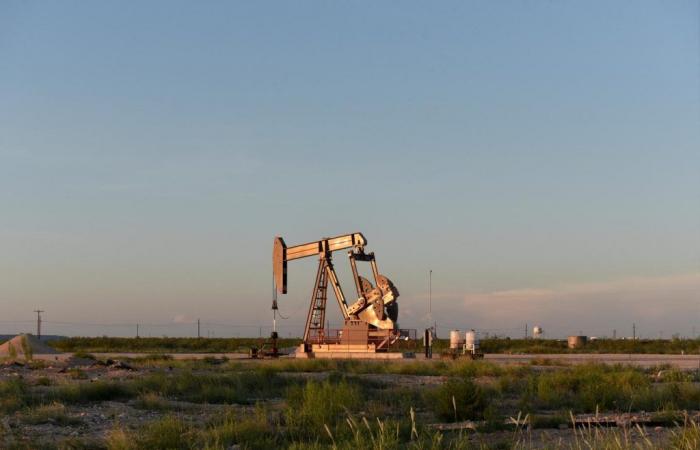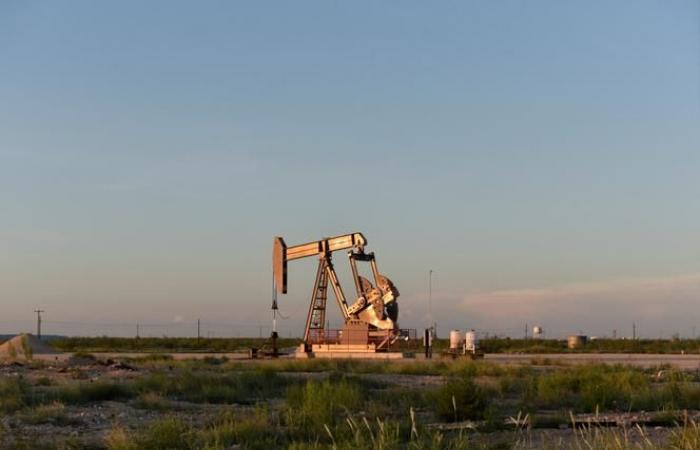Could the Strait of Hormuz, through which 20% of the world’s oil and liquefied natural gas (LNG) supplies transit, be affected by the conflict in the Middle East? Will the surplus of LNG arriving on the market slow down the energy transition? Will the decline in heat pump sales observed at the start of 2024 in Europe continue?
The 2024 edition of the World Energy Outlook, published Wednesday October 16 by the International Energy Agency (IEA), insists on the “major risks” and the “fragilities” which weigh on the energy sector, both in terms of security of supply and decarbonization. “There is more short-term uncertainty than usual about how industrial policies and strategies will evolve”affirms the organization, created fifty years ago to defend the interests of countries importing black gold. She recalls in particular the large number of national and regional elections organized this year, in countries accounting for half of the world’s energy demand – the American presidential election, in particular, takes place on November 5.
This annual report from the IEA, which is a reference for economic players, decision-makers and experts, describes possible developments in the sector based on three scenarios: the first is based on current policies and market trends; the second relies on the fact that States respect all their commitments in favor of the climate; and the third outlines the increasingly narrow path to achieving carbon neutrality in 2050.
Technologies bas carbone
The first of these confirms that low-carbon technologies are being deployed at an unprecedented pace, which could accelerate further. Renewable production capacities are not far from being able to triple by 2030, as States committed to during the 28e global climate conference (COP28) in 2023, and demand for all three fossil fuels (coal, oil and gas) is expected to peak in the coming years.
Another positive signal is that electricity consumption has increased twice as fast as overall energy demand over the last decade, notably due to China. “In the history of energy, we have witnessed the age of coal and the age of oil – and we are now rapidly advancing towards the age of electricity, which will define the future global energy”, says IEA Executive Director Fatih Birol. The electrification of uses (moving from a thermal vehicle to an electric car, from a gas boiler to a heat pump, etc.) is a key step in allowing a gradual exit from fossil fuels.
You have 54.12% of this article left to read. The rest is reserved for subscribers.







